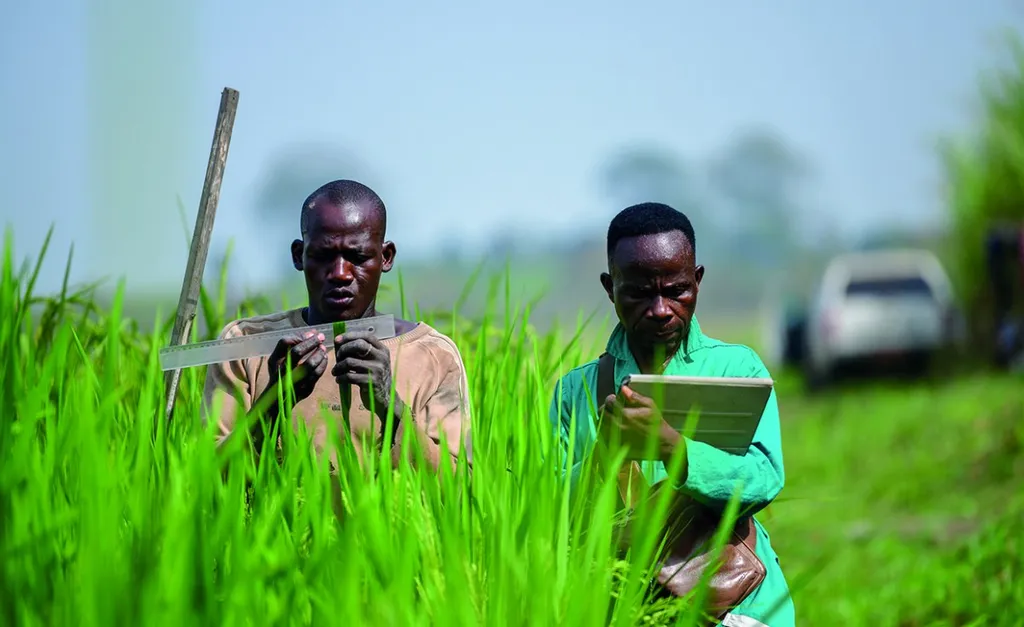In the heart of sub-Saharan Africa, where the rhythm of life is often dictated by the whims of the weather, a new study offers a beacon of hope for smallholder farmers grappling with the realities of climate change. Published in *Frontiers in Soil Science* (which translates to *Frontiers in Soil Science* in English), the research, led by Benedicta Essel Ayamba, delves into the critical strategies needed to mitigate climate change and ensure sustainable crop production.
Ayamba’s work is a timely intervention, as sub-Saharan Africa faces some of the most severe impacts of climate change, including erratic rainfall, prolonged droughts, and increased pest outbreaks. These challenges threaten food security and the livelihoods of millions of smallholder farmers who form the backbone of the region’s agricultural sector.
The study highlights several key strategies that could help farmers adapt to these changes. One of the most compelling findings is the importance of climate-smart agriculture (CSA) practices. These practices, which include conservation agriculture, agroforestry, and the use of drought-resistant crop varieties, can significantly enhance resilience to climate change.
“Climate-smart agriculture is not just about adapting to climate change; it’s about building systems that are resilient and productive in the face of these challenges,” Ayamba explains. “Our research shows that by adopting these practices, farmers can not only protect their yields but also contribute to mitigating climate change through carbon sequestration and reduced greenhouse gas emissions.”
The commercial implications of this research are substantial. For the energy sector, the integration of climate-smart agriculture practices can open up new avenues for investment and collaboration. For instance, the use of bioenergy crops, which are a part of CSA, can provide a sustainable source of energy while also improving soil health and crop yields.
Moreover, the study underscores the need for policy support and investment in research and development to scale up these practices. This presents a unique opportunity for the energy sector to partner with agricultural stakeholders to develop innovative solutions that address both food security and energy needs.
As the world grapples with the urgent need to mitigate climate change, Ayamba’s research offers a roadmap for sustainable crop production in sub-Saharan Africa. By embracing climate-smart agriculture, farmers can secure their livelihoods, enhance food security, and contribute to global efforts to combat climate change.
“This research is a call to action,” Ayamba emphasizes. “It’s time to move from talk to action, from theory to practice. The future of agriculture in sub-Saharan Africa depends on it.”
In the broader context, the study published in *Frontiers in Soil Science* could shape future developments in the field by promoting a more integrated approach to agriculture that considers both environmental and economic factors. This holistic perspective could pave the way for more sustainable and resilient agricultural systems, benefiting not only farmers but also the broader economy and the environment.

